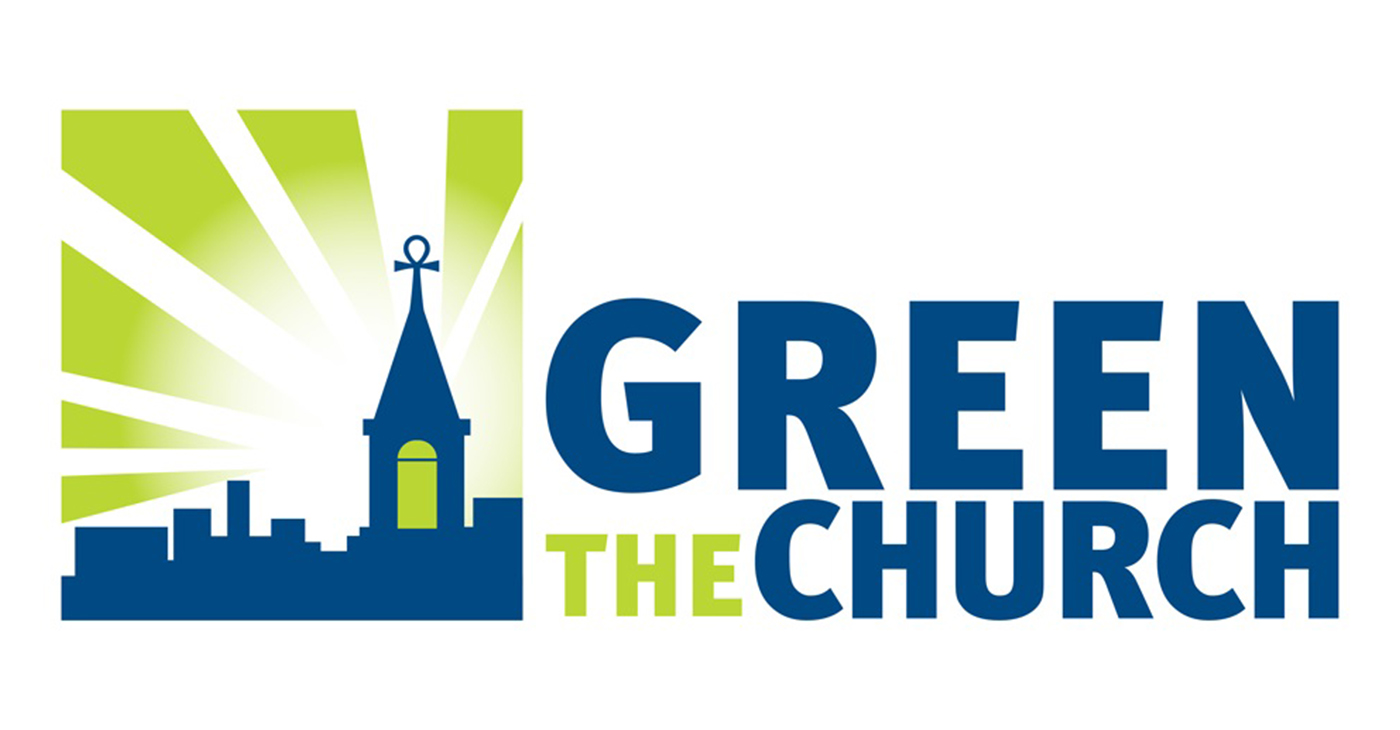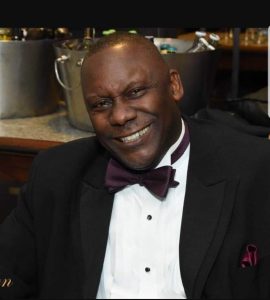Activism
The Case Against SB357—Black, Vulnerable and Trafficked—Why Us?
Motivated to protect trans, Black and Hispanic people from persecution by police, State Senator Scott Wiener (D-San Francisco) sponsored the Safer Streets for All Act. Passed by the Senate Public Safety Committee on June 1, 2021, and the Assembly on Sept. 10, 2021, SB357 repeals provisions of California law that criminalize loitering for the intent to engage in sex work. But the impact of the bill goes far astray from the author’s intent.

Part 1
By Tanya Dennis and Vanessa Russell
Motivated to protect trans, Black and Hispanic people from persecution by police, State Senator Scott Wiener (D-San Francisco) sponsored the Safer Streets for All Act.
Passed by the Senate Public Safety Committee on June 1, 2021, and the Assembly on Sept. 10, 2021, SB357 repeals provisions of California law that criminalize loitering for the intent to engage in sex work.
But the impact of the bill goes far astray from the author’s intent.
The uptick in trafficking and prostitution started even before the law was formally adopted in January, and SB357 ties the hands of police to do anything but observe or do a sting.
After the bill passed in the Legislature, “The Track”—where most prostitution occurs in Oakland—along International Boulevard near 15th Avenue turned into a “drive-thru” akin to a fast-food eatery as the ‘Johns’ lined up to make their choice.
SB 357 is seriously harming the neighborhood on 15th Avenue. Girls are not allowed to take restroom breaks and are defecating in the alley and standing naked in the streets directing traffic on The Track.
This writer has seen a photograph of a little girl having a birthday party in her front yard while a transaction was going on across the street.
To take the pressure off 15th Avenue and give residents some peace, a public official at a recent town hall has even said that the city was considering accommodating the Johns by doing cut-aways on International Boulevard so they can turn around and get back in line.
Wiener says SB357 was the first legislation initiated by the DecrimSexWork CA Coalition, but this first step toward legalizing prostitution turns a blind eye to human trafficking, opponents say.
Before the law passed police were able to recover seven minors who had been forced into prostitution but none have been rescued since.
The Post will present an eight-part series to provide an inside view of why SB357 has left minors, and victims of human trafficking vulnerable. Forty percent of those who are trafficked in the U.S. are Black women and girls. Why is this happening and why is Oakland ground zero for a growing supply of Black bodies to purchase?
How It Began
Black people’s vulnerability to trafficking, violence and abuse in the United States began with slavery in the 1600s. During the slave era, Black people were forced not only to work but engage in sexual servitude to their owners. Black women and men were forced to make themselves sexually available to the slave owner, enduring many levels of violence or oppression to survive. Black mates and fathers learned they could not protect themselves or others.
Slavery and human trafficking are the same beast.
In fact, human trafficking was labeled as modern-day slavery by The Trafficking Victims Protection Act of 2000 (TVPA).
Although slavery in the U.S. was “abolished” in the 1860s, the effects of slavery are on display today in the fragile Black family, a condition that makes Black people vulnerable.
Sixty-four percent of Black families are led by single mothers in the United States. Those family members are four times more likely to experience poverty, seven times more likely to experience teen pregnancy, more likely to use drugs and alcohol, and more likely to experience prison and human trafficking.
The trauma and displacement that Black communities and families have been and continue to experience is heavily impacting children. A study conducted by West Coast Children’s Clinic involving 113 youth ranging in age from 10 to 24 highlighted the correlation between human trafficking and foster care, homelessness, and addiction.
For many Black youth, their desperation to be loved and to belong makes them sitting ducks for exploitation and predatory people, systems, and policies.
One Black girl shared that she would “do whatever as long as you keep telling me that I’m important.”
As we explore the history of human trafficking in Oakland, we invite you to evaluate whether the sex industry is empowering or oppressing the Black community and what you can do to uplift, rebuild and restore.
For more information go to the Post electronic copy of this article for more information and facts.
Online only:
Racial-Disparties-FactSheet-_Jan-2021.pdf (rights4girls.org)
Human Trafficking | Key Legislation (justice.gov).
Children in single-parent families by race and ethnicity | KIDS COUNT Data Center
nationalfatherhoodinitiativefatherabsencecrisis.png (492×1147) and Healthy Alameda County :: Indicators :: Single-Parent Households
WCC_SEM_Needs-and-Strengths_FINAL1.pdf (westcoastcc.org)
Tanya Dennis serves on the Board of Oakland Frontline Healers (OFH) and series co-author Vanessa Russell of “Love Never Fails Us” and member of OFH.
Activism
Oakland Schools Honor Fred Korematsu Day of Civil Liberties
Every Jan. 30, OUSD commemorates the legacy of Fred Korematsu, an Oakland native, a Castlemont High School graduate, and a national symbol of resistance, resilience, and justice. His defiant stand against racial injustice and his unwavering commitment to civil rights continue to inspire the local community and the nation. Tuesday was “Fred Korematsu Day of Civil Liberties and the Constitution” in the state of California and a growing number of states across the country.

By Post Staff
Every Jan. 30, OUSD commemorates the legacy of Fred Korematsu, an Oakland native, a Castlemont High School graduate, and a national symbol of resistance, resilience, and justice.
His defiant stand against racial injustice and his unwavering commitment to civil rights continue to inspire the local community and the nation. Tuesday was “Fred Korematsu Day of Civil Liberties and the Constitution” in the state of California and a growing number of states across the country.
One OUSD school is named in his honor: Fred T. Korematsu Discovery Academy (KDA) elementary in East Oakland.
Several years ago, founding KDA Principal Charles Wilson, in a video interview with anti-hate organization “Not In Our Town,” said, “We chose the name Fred Korematsu because we really felt like the attributes that he showed in his work are things that the children need to learn … that common people can stand up and make differences in a large number of people’s lives.”
Fred Korematsu was born in Oakland on Jan. 30, 1919. His parents ran a floral nursery business, and his upbringing in Oakland shaped his worldview. His belief in the importance of standing up for your rights and the rights of others, regardless of race or background, was the foundation for his activism against racial prejudice and for the rights of Japanese Americans during World War II.
At the start of the war, Korematsu was turned away from enlisting in the National Guard and the Coast Guard because of his race. He trained as a welder, working at the docks in Oakland, but was fired after the bombing of Pearl Harbor in 1941. Fear and prejudice led to federal Executive Order 9066, which forced more than 120,000 Japanese Americans out of their homes and neighborhoods and into remote internment camps.
The 23-year-old Korematsu resisted the order. He underwent cosmetic surgery and assumed a false identity, choosing freedom over unjust imprisonment. His later arrest and conviction sparked a legal battle that would challenge the foundation of civil liberties in America.
Korematsu’s fight culminated in the Supreme Court’s initial ruling against him in 1944. He spent years in a Utah internment camp with his family, followed by time living in Salt Lake City where he was dogged by racism.
In 1976, President Gerald Ford overturned Executive Order 9066. Seven years later, the 9th Circuit Court of Appeals in San Francisco vacated Korematsu’s conviction. He said in court, “I would like to see the government admit that they were wrong and do something about it so this will never happen again to any American citizen of any race, creed, or color.”
Korematsu’s dedication and determination established him as a national icon of civil rights and social justice. He advocated for justice with Rosa Parks. In 1998, President Bill Clinton gave him the Presidential Medal of Freedom saying, “In the long history of our country’s constant search for justice, some names of ordinary citizens stand for millions of souls … To that distinguished list, today we add the name of Fred Korematsu.”
After Sept. 11, 2001, Korematsu spoke out against hatred and discrimination, saying what happened to Japanese Americans should not happen to people of Middle Eastern descent.
Korematsu’s roots in Oakland and his education in OUSD are a source of great pride for the city, according to the school district. His most famous quote, which is on the Korematsu elementary school mural, is as relevant now as ever, “If you have the feeling that something is wrong, don’t be afraid to speak up.”
Activism
WOMEN IMPACTING THE CHURCH AND COMMUNITY
Juanita Matthews, better known as “Sister Teacher,” is a walking Bible scholar. She moved to California from the great state of Arkansas in 1971. Sister Teacher has a passion for teaching. She has been a member of Bible Fellowship Missionary Baptist Church since 1971.

Sister Juanita Matthews
55 Years with Oakland Public School District
The Teacher, Mother, Community Outreach Champion, And Child of God
Juanita Matthews, better known as “Sister Teacher,” is a walking Bible scholar. She moved to California from the great state of Arkansas in 1971. Sister Teacher has a passion for teaching. She has been a member of Bible Fellowship Missionary Baptist Church since 1971. She followed her passion for teaching, and in 1977 became the lead teacher for Adult Class #6. Her motto still today is “Once My Student, Always My Student”.
Beyond her remarkable love for the Lord, Sister Teacher has showcased her love for teaching by working for the Oakland Unified School District for 55 years, all but four of those years spent at Emerson Elementary and Child Development School. She truly cares about her students, making sure they have the tools/supplies needed to learn either at OUSD or Bible Fellowship Missionary Baptist Church.
She’s also had a “Clothes Closet Ministry” for 51 years, making sure her students have sufficient clothing for school. The Clothes Closet Ministry extends past her students, she has been clothing the community for over 50 years as well. She loves the Lord and is a servant on a mission. She is a loving mother to two beautiful children, Sandra and Andre. This is the impact this woman of God has on her church and the community.
Activism
Oakland’s ‘Green the Church,’ Others, Host a Climate Revival
On April 20, Oakland’s Green The Church California (GTC) and the Center For Food, Faith and Justice will celebrate Earth Day and present a Climate Revival event titled “Growing Healthy Communities From Soil To The Soul” at McGee Avenue Baptist Church at 1640 Stuart St, Berkeley, CA. The day will include inspiring talks, interactive workshops, networking opportunities, and a special panel on Food Sovereignty and Global Food Resilience.

Growing Healthy Communities from Soil to the Soul in Berkeley
By Y’Anad Burrell
On April 20, Oakland’s Green The Church California (GTC) and the Center For Food, Faith and Justice will celebrate Earth Day and present a Climate Revival event titled “Growing Healthy Communities From Soil To The Soul” at McGee Avenue Baptist Church at 1640 Stuart St, Berkeley, CA,
The day will include inspiring talks, interactive workshops, networking opportunities, and a special panel on Food Sovereignty and Global Food Resilience.
The keynote speaker is Rev. Danté R. Quick, PhD, senior pastor of First Baptist Church of Lincoln Gardens in Somerset, N.J. Quick is well known in the Bay Area, having served for more than 10 years as pastor of Friendship Missionary Baptist Church in Vallejo, CA.
Green The Church, founded in 2010 by Rev. Dr. Ambrose Carroll, Sr., and headquartered in Oakland, helps galvanize Black churches and their local communities and leaders to address issues critical to populations historically disengaged from conversations around pollution and health, climate change, and sustainability and energy efficiency.
The organization collaborates with major environmental, sustainability, food security, faith, and community-based non-profit organizations, and is committed to “creation justice”—care and justice for God’s people and the planet—and building the Beloved Community.
Environmental justice has long been a pressing concern for communities of color who bear the brunt of pollution and ecological degradation. Climate change exacerbates these issues, disproportionately impacting vulnerable communities. Recognizing this urgency, Black churches across the country are taking action.
With deep roots in the African American community and its commitment to social justice, the Black Church has become an essential advocate for sustainable practices and policies.
Over the past 14 years, in a powerful collaboration with significant environmental, sustainability, food security, faith, and community-based non-profit organizations, GTC has created a cadre of Black churches engaging in the environmental justice, climate, and sustainability movement.
GTC presently works with more than 1,000 pastors and congregations across the U.S., and groups in the Bahamas, Ghana, Nigeria, and the UK, showing that we can make a difference together.
The partnership between environmental justice advocates and the Black Church extends beyond individual congregations. Green The Church provides resources and support for faith communities seeking to address climate change and promote environmental justice.
Through collaboration, initiatives such as energy efficiency programs, solar installations, and environmental education have been implemented in Black churches nationwide. These efforts reduce the carbon footprint and save money on energy bills, benefiting the congregations and their communities.
The involvement of the Black Church in the fight against climate change is not just a participation, it’s a powerful message that galvanizes action across communities.
By integrating environmental justice into their ministry, Black churches are demonstrating that addressing climate change is not only a matter of science but also of social and moral responsibility, inspiring change at a grassroots level.
For more information, go to: www.greenthechurch.org.
-

 Activism4 weeks ago
Activism4 weeks agoOakland Post: Week of March 20 – 26, 2024
-

 #NNPA BlackPress3 weeks ago
#NNPA BlackPress3 weeks agoCOMMENTARY: D.C. Crime Bill Fails to Address Root Causes of Violence and Incarceration
-

 #NNPA BlackPress3 weeks ago
#NNPA BlackPress3 weeks agoMayor, City Council President React to May 31 Closing of Birmingham-Southern College
-

 #NNPA BlackPress3 weeks ago
#NNPA BlackPress3 weeks agoFrom Raids to Revelations: The Dark Turn in Sean ‘Diddy’ Combs’ Saga
-

 #NNPA BlackPress3 weeks ago
#NNPA BlackPress3 weeks agoCOMMENTARY: Lady Day and The Lights!
-

 #NNPA BlackPress3 weeks ago
#NNPA BlackPress3 weeks agoBaltimore Key Bridge Catastrophe: A City’s Heartbreak and a Nation’s Alarm
-

 #NNPA BlackPress3 weeks ago
#NNPA BlackPress3 weeks agoBaltimore’s Key Bridge Struck by Ship, Collapses into Water
-

 Activism3 weeks ago
Activism3 weeks agoOakland Post: Week of March 27 – April 2, 2024














































